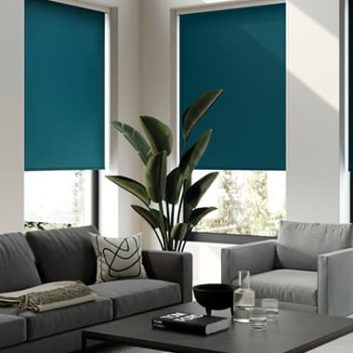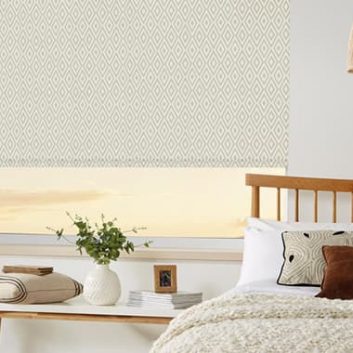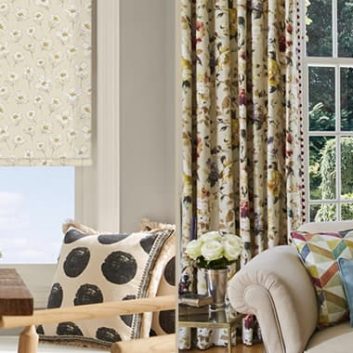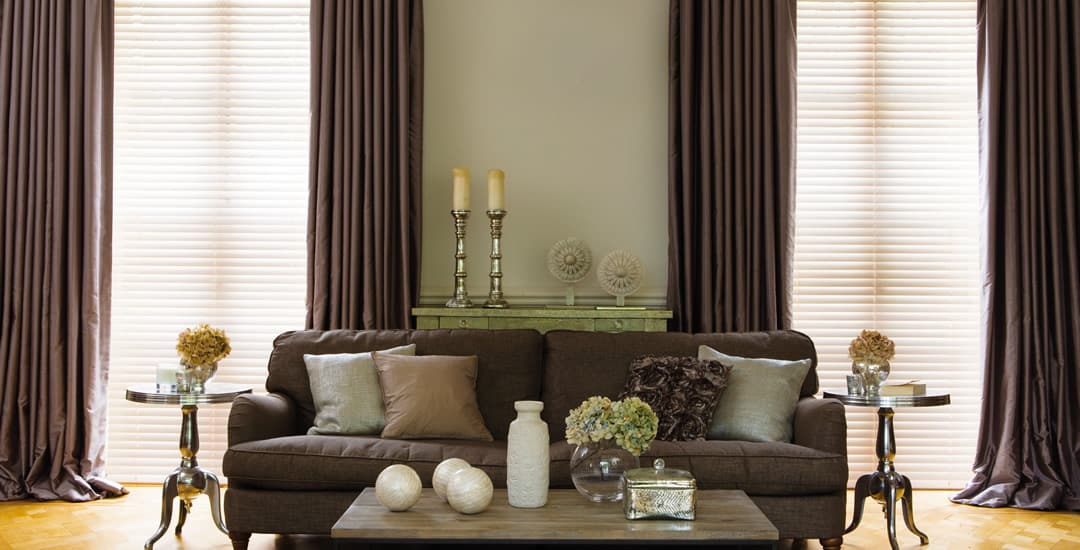
I’m assuming that you’re not actually allergic to curtains or blinds per se, albeit a fabric wholesaler did once try to flog me a Roman blind print that nearly brought me out in hives; but in more serious terms, your choice of window coverings can actually have a direct impact on the level of allergenic particles that linger within in your home, be that for better or for worse.
So, short answer; are curtains or blinds best for allergies? Blinds; specifically, those made of hard materials or waterproof fabrics are far better for allergy sufferers than curtains.
If you want to know why, and also, what type of blinds are best for allergies overall, this blog post will fill you in.
Are curtains or blinds best for allergies?
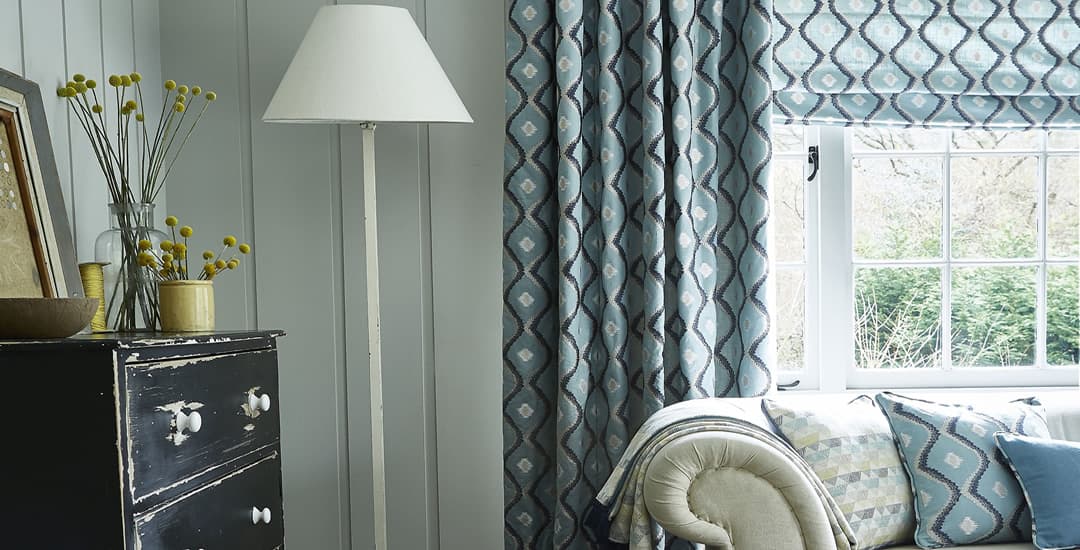
If you suffer from allergies to some form of airborne trigger like pollens, fungal spores, pet dander and so on, you probably already know that fabrics and soft furnishings can trap allergenic particles in their fibres and potentially cause or worsen your allergy symptoms.
This is why hypoallergenic bedding can be such a lifesaver for allergy sufferers, and why those whose allergies are acute tend to choose hard flooring rather than carpets, and leather or synthetic leather furniture rather than fabrics.
Curtains, however, can only be made from fabrics, which means that they’re something else that can trap allergenic particles within the home.
Not all curtains can be machine washed (particularly at the type of temperatures that kill spores and pollen particles), and even if yours are washable, doing this every week or so is soon likely to become onerous and will potentially shorten the lifespan of your curtains too.
When it comes to blinds made of porous fabrics like polyester, cotton, linen, satin, silk, and velvet, these too can harbour airborne allergens, just like curtains can. However, a fabric blind involves like-for-like far less fabric than a curtain designed for the same window, and so the impact of this is lessened.
More importantly/usefully though, if you choose a blind in either a waterproof fabric like PVC or vinyl, or a blind made of a hard material, these don’t trap and harbour allergens at all, and any particles that are floating around will only be able to dwell on their surface.
This means that blinds are better for allergies than curtains overall, and swapping your curtains for certain types of blinds will have just as acute an effect on reducing airborne allergens as removing a fabric lounge suite or carpet will.
Do dust mites live in curtains?
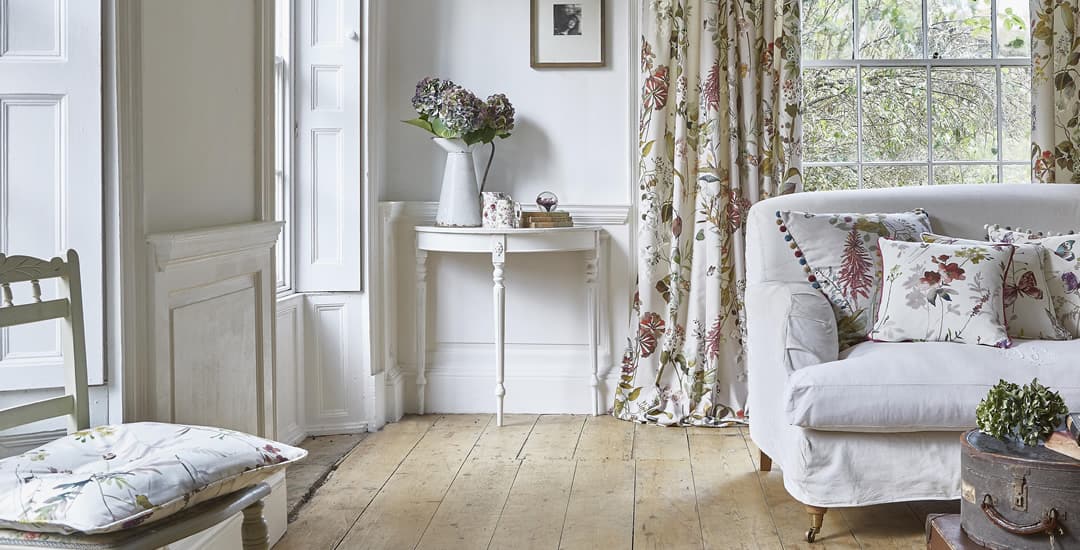
Not all allergies are triggered by dust mites, but a large number are; so, do dust mites live in curtains? Yes, dust mites commonly live in the fibres of curtains, and so curtains (particularly older sets and those that are rarely if ever washed) will almost certainly harbour dust mites.
Do dust mites live in blinds?
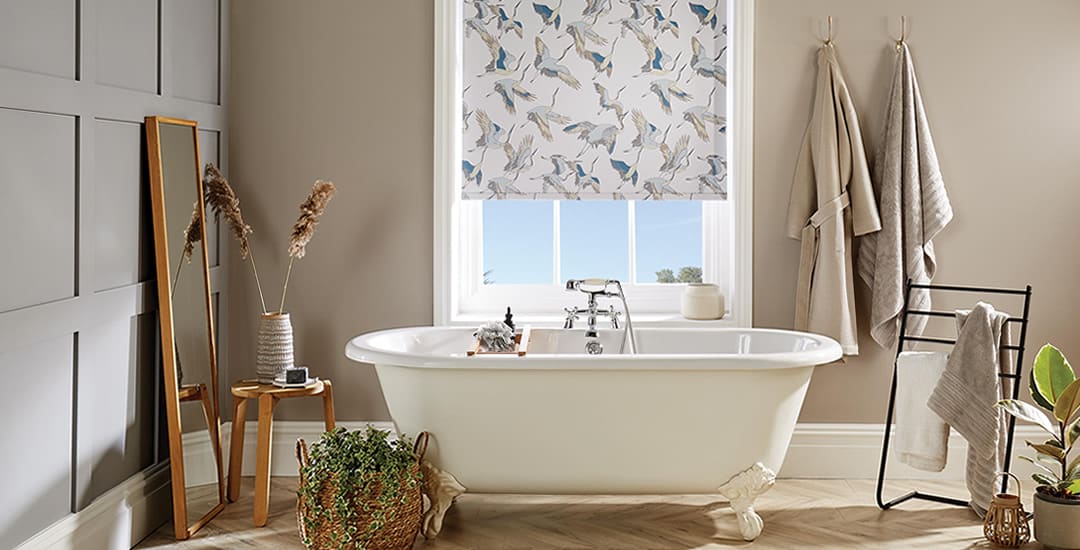
When it comes to blinds made of non-waterproof fabrics (like polyester, linen and so on as mentioned earlier) dust mites can live in the fibres of these too, just as they can in curtains.
However, waterproof fabric blinds, and blinds made of hard materials like wood, faux-wood, and aluminium, don’t provide suitable accommodations for dust mites.
Do curtains make allergies worse?
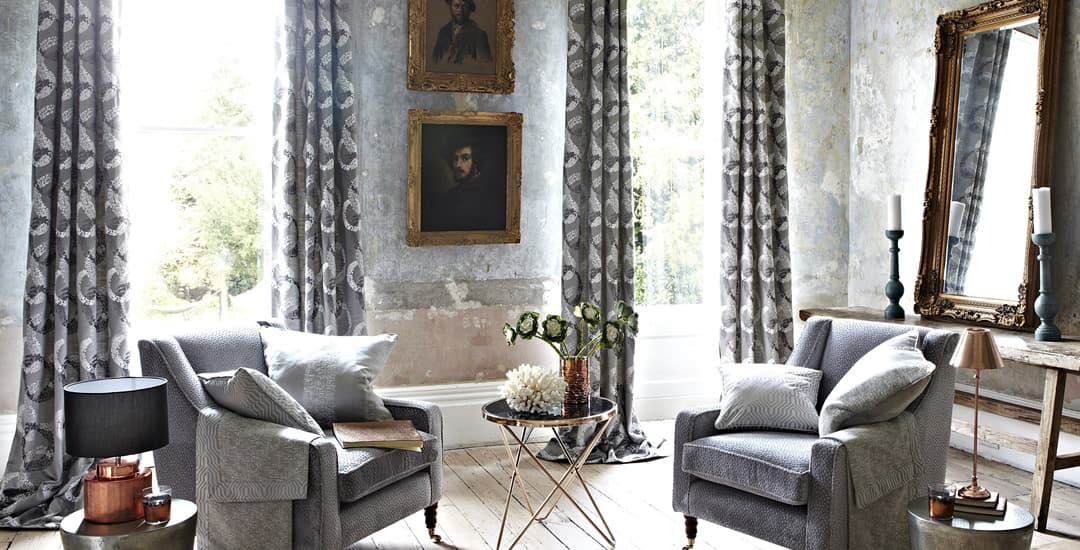
If you suffer from allergies triggered by any type of airborne particles, curtains will harbour them and so will not help with reducing their levels, which will in turn potentially make your allergies worse.
If you swapped out waterproof or hard material blinds for curtains and suffer from allergies, you might actually notice this as a tangible worsening of your symptoms over time when you’re at home.
If you change from curtains to a waterproof or hard material blind instead, as mentioned, this can actually help to reduce allergy symptoms and flare-ups, as you’re providing less material for airborne allergenic particles to linger within.
These types of blinds are also far easier to clean and can be cleaned far more effectively than fabric curtains or blinds too, so that any airborne allergens that sit on the surface of the blind can simply be wiped off and disposed of externally.
For all of these reasons, waterproof or hard material blinds are strongly recommended as a better choice for allergy sufferers than curtains.

